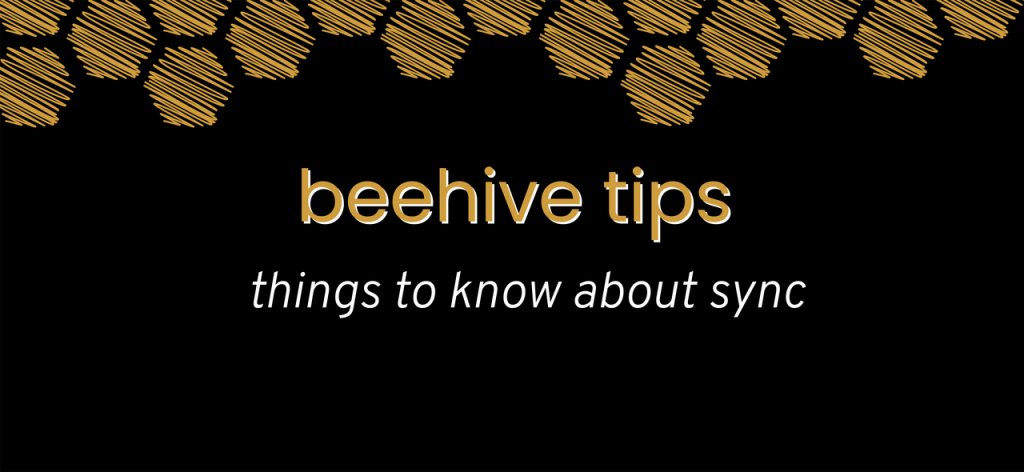
What is Sync licensing and why is it important to you as a musician?
A music synchronisation licence (sync for short) is a music licence granted by the holder of the copyright of a particular composition, allowing the licensee to synchronise music with some kind of visual media output such as film, TV, advertisement and gaming.
A great sync can provide invaluable exposure to an artist and has been known to catapult songs to the top of the charts. Just think of Icona Pop’s ‘I don’t care’ feat. Charli XCX that saturated TV screens with adverts for Mitsubishi and KFC, as well as Sia’s ‘The Greatest’ for Toyota. It can be a highly lucrative income stream for songwriters and composers.
Here, our Pollen Scout Georgia dived into all things Sync to put together her top 3 tips for a beginner thinking about getting into the world of Sync.
Write music with Sync in mind
There are two ways to go about this. You can either from the get-go write a track that is dynamic and clean or you can alter an existing song to have a ‘sync edit’.
Sync agents and music publishers look for music that is ultimately dynamic. The song needs to have tension builds, with more drops and a ‘faster’ moving energy throughout. Avoid fade-outs and instead have succinct transition and ends that can translate to sharp camera cuts.
Focus your chorus around a call to action, anthemic and uplifting. It should essentially be translatable as a slogan for an ad campaign. “I don’t care, I love it.” is a fantastic example of a successful chorus that translates well to sync.
Be across the trends in Sync
Stay up-to-date with trends beyond the music industry and in broader creative industries like advertising and tv.
Consumer needs are always changing and evolving as the market evolves which informs what visual output is created. Sign up to industry newsletters and read up on consumer trends to inform your music writing.
A great way to start is by reading up on ARA AMCOS and Synchtank.
How to promote yourself
So you’ve got a great track that you think has the potential to be used in sync. Who do you email?
You’ll need to pitch your music to sync agents or a music supervisor. Google around – there are heaps of agencies out there!
Target specific projects that relate to your song and get pitching. They will be receiving a huge amount of music so make sure your pitch is clear and concise. Be confident in knowing the strengths of your song and be prepared to talk about WHY your track is perfect for the sync. You need to show them exactly how and why your song is a great fit and why it is better than the others out there.
